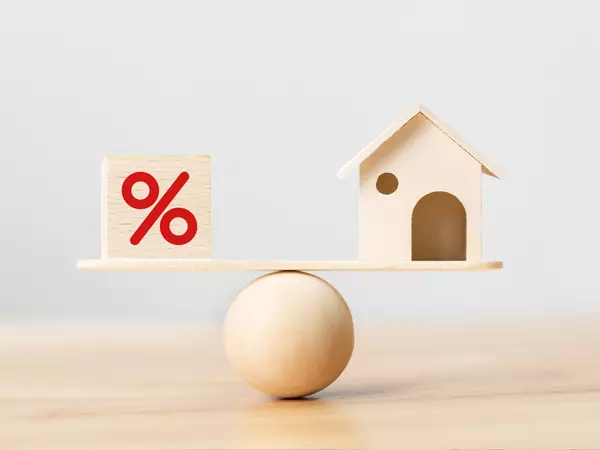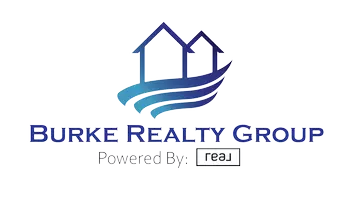Understanding Mortgage Fraud — And How to Protect Yourself
Buying or refinancing a home is one of the biggest financial steps most of us ever take. But in the excitement of securing a mortgage, it’s important to know the fine line between honest mistakes and what could be considered mortgage fraud.
A recent MSN article breaks down what mortgage fraud is, how it happens, and what you can do to stay on the right side of the law. Here’s a quick summary of what you need to know.
What Exactly Is Mortgage Fraud?
In simple terms, mortgage fraud happens when someone lies or leaves out key information on a loan application or related document to get better loan terms—or to profit from the process.
There are two main types:
-
Fraud for property: When a borrower misrepresents facts to buy or keep a home (for example, overstating income).
-
Fraud for profit: When real estate professionals—like lenders, brokers, or appraisers—manipulate transactions for financial gain.
Common Mortgage Fraud Schemes
The MSN article highlights several schemes that every buyer and homeowner should know about:
-
False income or employment claims – exaggerating earnings or job status to qualify for a bigger loan.
-
Inflated appraisals – colluding with an appraiser to overstate a home’s value.
-
Straw buyers – using someone else’s name or credit to secure financing.
-
Foreclosure rescue scams – con artists promising to “save your home” in exchange for upfront payments or title transfers.
-
Loan modification or equity skimming – taking advantage of distressed homeowners through misleading deals.
How to Avoid Mortgage Fraud
A few smart steps can protect you from both committing and falling victim to fraud:
-
✅ Be 100% honest on all applications. Never inflate your income, assets, or occupancy intentions.
-
🔍 Double-check your paperwork. Make sure all details—especially financial figures—are accurate.
-
🧾 Work with licensed professionals. Verify your lender, broker, and appraiser are properly credentialed.
-
🏠 Review the property’s history. Look into past sales, tax assessments, and comparable listings.
-
⚖️ Consult an expert. When in doubt, have a real estate attorney or advisor review documents before signing.
Why It Matters
Mortgage fraud can lead to serious legal consequences, including fines and even prison time. Beyond that, it damages credit, derails homeownership goals, and can ripple through the housing market—hurting honest buyers and sellers alike.
If you suspect fraudulent activity, report it to the FBI’s Internet Crime Complaint Center, the Consumer Financial Protection Bureau (CFPB), or your state’s real estate board.
The Bottom Line
Most buyers have no intention of committing mortgage fraud—but even small “white lies” on applications can have big repercussions. The key is transparency: if something feels off, ask questions, verify details, and seek guidance before you sign.
For a deeper look at how mortgage fraud happens and what to watch for, 👉 read the full MSN article here.
Every move starts with a conversation
 Let's talk! I’ve proudly served the Greater Richmond area as a full-time Realtor for more than 18 years, and I’ve called Virginia home for over 20.
Let's talk! I’ve proudly served the Greater Richmond area as a full-time Realtor for more than 18 years, and I’ve called Virginia home for over 20.
My goal is simple: to help you reach yours.
Jason Burke
Categories
Recent Posts









